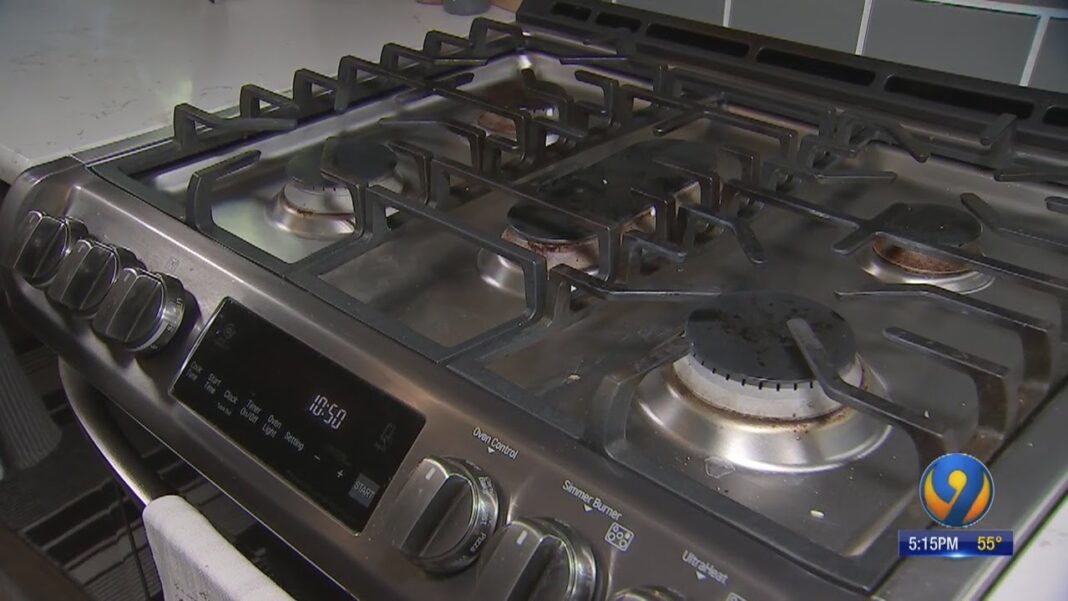The new rule has substantial revisions to the initial rule with more options for the consumers and flexibility for the manufacturers.
The Department of Energy (DOE) released a watered-down finalized gas stove rule Monday after months of talks with industry groups and climate activist groups.
The final rule made several major revisions to the initial rule which was released in February 2023 and was widely reported as a gas stove ban.
The adopted rule allows extra-high input rate (HIR) burners and oversized cast-iron grates. It also increases the energy conservation standard for gas cooktops or gas ranges from 1,204 thousand British Thermal Units (BTUs) per year to 1,770 thousand BTUs per year.
“The updated efficiency levels for gas cooking tops allow gas cooking tops to retain the presence of multiple HIR burners, continuous cast-iron grate,” read the adopted rules. “The adopted efficiency level thereby preserving consumer product choice for gas cooking tops.”
The rules will not affect any current cooking products but only future products on the market.
About 97 percent of gas cooking tops, 95 percent of electric standard ovens, 95 percent of electric self-clean ovens, 96 percent of gas standard ovens, and 96 percent of gas self-clean ovens would meet or exceed the required efficiency levels.
However, 23 percent of electric smooth element cooking tops would fall short.
It would take the industry $66.7 million of investment to make their product comply with the new standard, the DOE estimated.
The final rules will be effective in 2028.
The adoption of the new rules would save consumers approximately $1.6 billion on their utility bills and reduce carbon dioxide emissions by around 4 million metric tons in the coming 30 years, DOE projected.
The revised rule is based on a joint recommendation back in September 2023 by the Association of Home Appliance Manufacturers (AHAM), the American Council for an Energy-Efficiency Economy, the Alliance for Water Efficiency, the Appliance Standards Awareness Project, the Consumer Federation of America, the Consumer Reports, Earthjustice, the National Consumer Law Center, the Natural Resources Defense Council, and the Northwest Energy Efficiency Alliance.
By Allen Zhong









